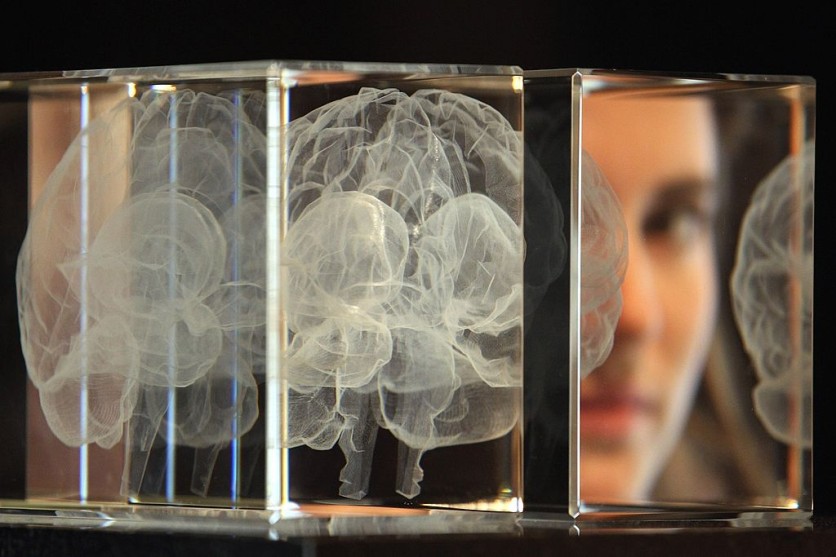A new bipartisan bill is now gunning against AI, aiming to create a federal law that would protect artists, actors and actresses, and singers from getting their likeness, voice, and more used to create generative content. The internet now sees a massive presence of users utilizing AI tools and programs to create generative content using likenesses, voices, expressions, and more from renowned personalities.
There is also a significant number of deepfake campaigns online, with generative AI helping pave the way for this, soon to meet its match to prevent this unconsented use.
No Fakes Act: Bipartisan Bill Against Generative AI Access

This new bipartisan bill called the Nurture Originals, Foster Art, and Keep Entertainment Safe Act of 2023, a.k.a. the No Fakes Act, is now setting up a significant law to protect artists, actors, and actresses, and more from unauthorized use of their likeness. Senators Chris Coons, Marsha Blackburn, Amy Klobuchar, and Thom Tillis sponsored this new bill set to soon help those who face these access.
It will protect an individual or group's property, including their faces, voices, and antics, preventing the "production of digital replica without consent of the applicable individual or rights holder.
Read Also : AI, Temporarily Banned in the US Space Force
No Unconsented Content from Generative AI
Consent is a massive keyword for this bill, as the creator who uses generative AI needs to obtain this from the individual, group, or rights holder. If passed, this federal law would protect their likeness throughout their lifetime, as well as 70 years after they died for their estate.
According to The Verge, there are various exceptions for this including its use for being part of a news, public affairs, sports broadcast, documentary, or biographical work. Moreover, its use in creating digital replicas for parodies, satire, and criticism also sees an exemption.
Additionally, it also excludes this use for creating commercials, but only for its use in news, documentary, or a parody.
AI Covers, Replicas, Deepfakes
The emergence of AI in the world is massive, and it has both a positive and negative effect on the tech industry, particularly for its significant capabilities to create something out of nothing. Ever heard of the "Heart on My Sleeve" song? This is one of the prime examples of AI creating music using the voice and style of two renowned singers, Drake and The Weeknd, but was never recorded before.
While it is true that time cannot bring back the former glory, skills, and capabilities of a person, AI is here to do that for the world, and it has proven on several occasions that it can. There was once a reunion done by generative AI that reunited the "Fab Four," best known as the UK rock band, The Beatles, using Sir Paul McCartney's 2013 single, "New," sung by members of the group.
AI brings wonders and massive possibilities into the world, but not all are good when these technologies resort to stealing data, information, and intellectual property via the internet, especially for artists who work to present a part of themselves to the public. The No Fakes Act presents a significant protection for these creators, and if turned into a law, would prevent unauthorized digital replica creation.
Related Article : Deepfake Scam Videos Now Uses MrBeast, BBC Personalities in New Campaign

![Apple Watch Series 10 [GPS 42mm]](https://d.techtimes.com/en/full/453899/apple-watch-series-10-gps-42mm.jpg?w=184&h=103&f=9fb3c2ea2db928c663d1d2eadbcb3e52)



